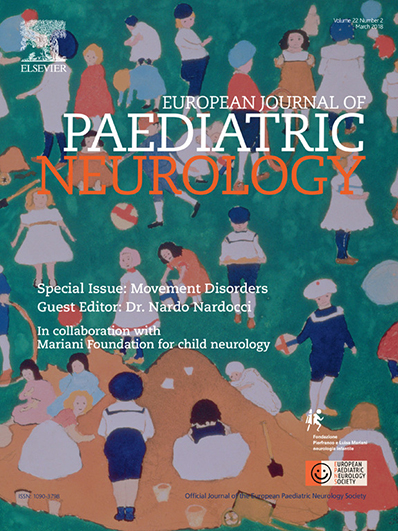Principles and Approaches to the Treatment of Immune-Mediated Movement Disorders

This review article provides a broad overview of immune-mediated movement disorders. The authors discuss disease progression, treatment approaches and outcomes and offer several general principles of therapy. This article focuses on early diagnosis and treatment to minimize the severity of disease and relapse and discusses escalating treatment regimens if the patient does not respond to initial treatments.1
AUTOIMMUNE NEUROPSYCHIATRIC DISORDERS PATIENT STORIES
Grace’s Story

Doctors thought it was OCD, ADHD, or Bipolar Disorder. It wasn’t. Could an infection be causing your patient’s psychiatric symptoms? Scientists believe millions of individuals diagnosed with OCD and tic disorders actually have a treatable infection-triggered autoimmune condition.
- Principles and approaches to the treatment of immune-mediated movement disorders. Mohammad, Shekeeb S. et al. European Journal of Paediatric Neurology, Volume 22 , Issue 2 , 292 – 300
Clinicians: Schedule a Personal Phone Call with Clinical Staff
If you have interest in knowing how the Cunningham Panel™ biomarkers (Dopamine D1R, Dopamine D2R, Lysoganglioside GM1, Tubulin and CaMKII) can assist in diagnosing treatable autoimmune encephalopathies characterized by abnormal neuropsychiatric behaviors, please schedule an individual phone call with Moleculera Labs clinical staff by completing the information below, or call Amy Cross, RN, at 405-239-5254.





